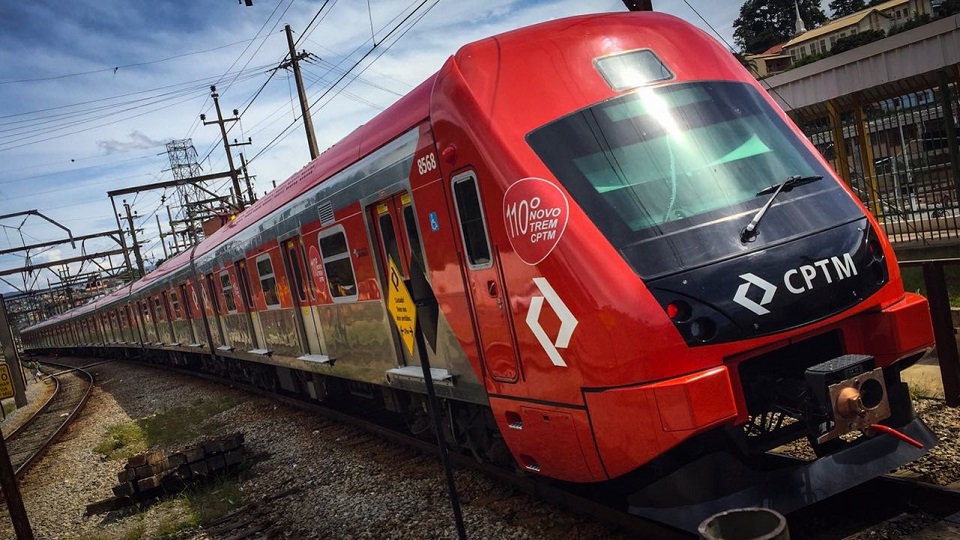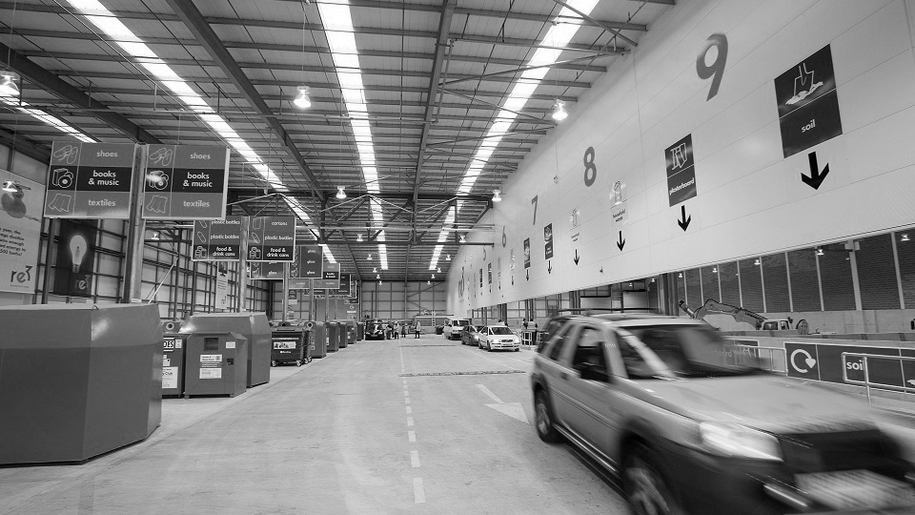672 results found
Featured results



More results
This document reviews the definitions and elements of the good governance policies of a number of multilateral development institutions.

sustainABLE is a free online platform modelled on research jointly published by UNOPS and the University of Oxford-led Infrastructure Transitions Research Consortium. The extensive research explored the critical role of infrastructure in achieving the SDGs. The tool aims to advance the SDGs by promoting practical measures that encourage project sustainability across a broad range of sectors.

The Reference tool is meant to serve as a practical tool to help governments and other stakeholders understand and implement the critical success factors that deliver inclusive infrastructure. The Framework for Inclusive Infrastructure summarises the following six Actions Areas and related practices that ought to be considered for the systematic implementation of inclusivity in infrastructure at the policy and project levels.
The Navigator – a web-based platform – helps project teams, public authorities and financiers to find the right sustainable infrastructure tool from amongst 50+ rating systems, high-level principles and guidelines.


This handbook synthesises and disseminates knowledge to inform the planning, implementation, and operations of urban rail projects.


The Global Infrastructure Hub (GI Hub) is pleased to announce the appointment of Marie Lam-Frendo as its new CEO, effective 28 January 2019.
The Infrastructure Knowledge Exchange (IKE) is Global infrastructure Hubs' (GI Hub) database of categorised infrastructure resources. The tool has been created to help Infrastructure professionals globally, to easily find resources that pertain to infrastructure tools, data, publications, organisations, reports and, news.
The PPP Contract Management Tool provides public sector officials with practical guidance and case studies, so that those responsible for managing contracts after financial close are better able to ensure project objectives and value for money.


ndustry 4.0 can be characterized by the integration of autonomous robots and machinery and other smart technologies. It is a move toward smart technology in manufacturing with a focus on connectivity.



For this year’s edition, we reached out to more than 10,000 people in 10 major global cities to ask about their everyday experiences with infrastructure services. How satisfied and safe do they feel with their roads and bridges, rail services and utilities? How engaged are they in the decision-making processes for new projects that can improve lifestyles and drive new economic growth?


Tackling the global infrastructure gap remains a priority for governments to drive inclusive growth and deliver quality infrastructure projects for their citizens.





A practical guide for governments, informed by a country-lens review of leading practices


How can governments deliver quality infrastructure outcomes?

The Global Infrastructure Hub (GI Hub) has released a new reference tool to help governments lay the foundations for strengthening project preparation processes and capacities in order to prepare bankable and sustainable projects—a prerequisite for tackling the substantial global infrastructure gap.



The reference tool on Governmental Processes Facilitating Infrastructure Project Preparation closely examines the relationships between countries institutional arrangements for project preparation, funding programs, project identification, feasibility studies and project structuring, through the lens of country-level governance and implementation. This initiative closely aligns with the G20 Principles for Project Preparation endorsed by the G20 Leaders in November 2018.


The circular economy is now core policy for a growing number of countries with leadership from Finland, the European Union and Canada, but it is also taking a strong hold in Asia as Japan and China implement circular economic policies to transition them to a sustainable inclusive future.
InfraChallenge is an innovation competition aiming to accelerate the global infrastructure industry. We are looking for the next digital solution to help solve one of the big infrastructure issues globally. Here are the top 5 reasons to enter.
Contractual disagreements and disputes are common in PPPs during both construction and operational periods.
Infrastructure projects in the Netherlands, such as the construction of roads, bridges and tunnels, have become larger and more complex in recent years. This thesis is about these kinds of infrastructure projects, about the challenges and tensions that go with them, about how people experience them and how they look jointly for solutions, and how they succeed or sometimes fail.








 Visit the Infrastructure Knowledge Exchange
Visit the Infrastructure Knowledge Exchange




